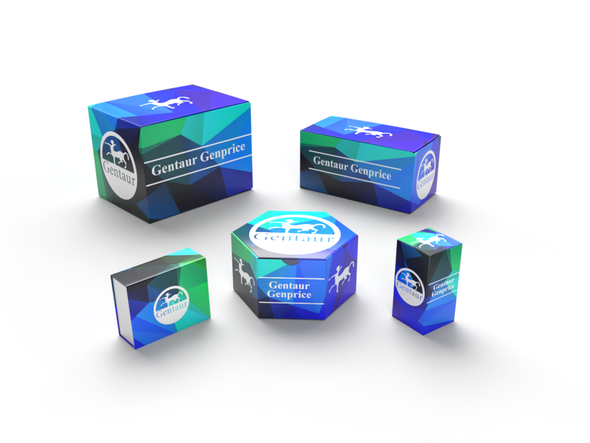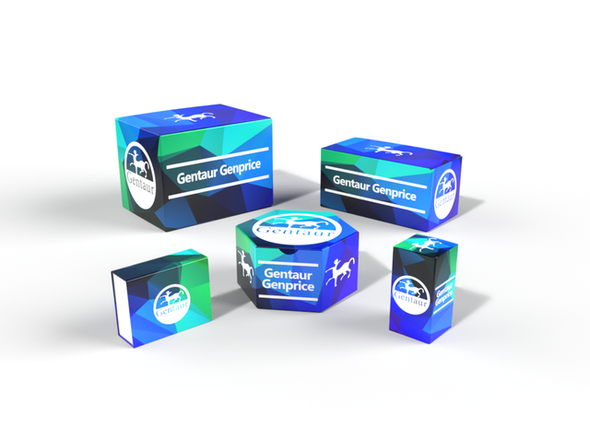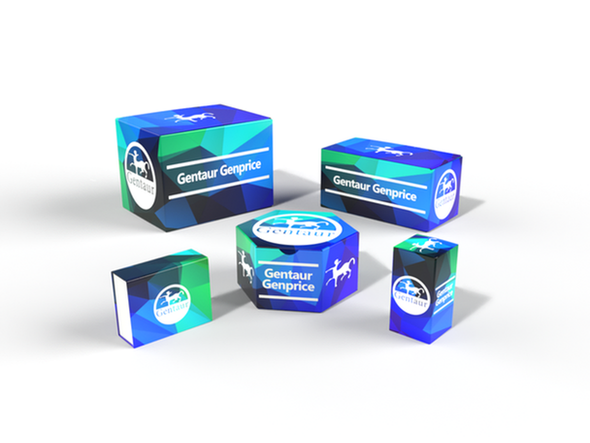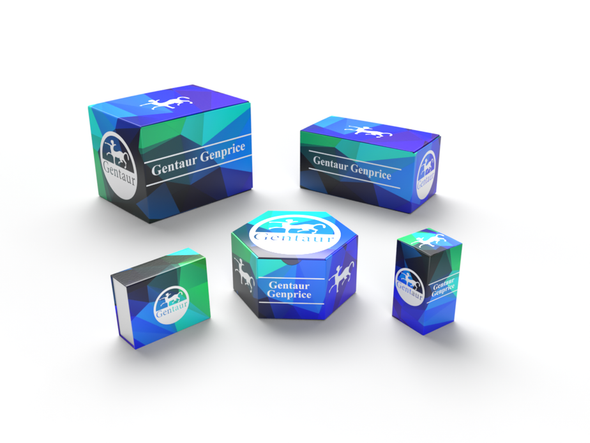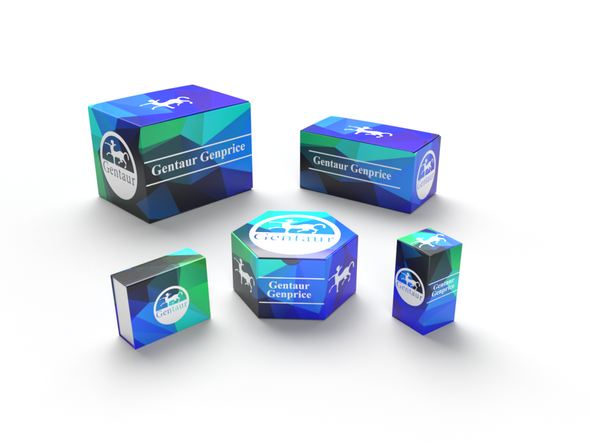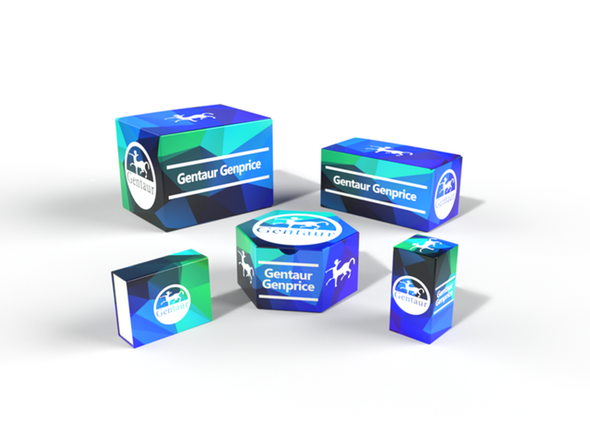LBD
ABCB11 Antibody (C-term) [APR10814G]
- SKU:
- LBD-APR10814G
- Availability:
- Usually ships in 5 working days
Description
ABCB11 Antibody (C-term) [APR10814G] | Gentaur UK, US & Europe Distribution
Product Category: Polyclonal Antibodies
Host: Rabbit
Species Reactivity: H, M
Specificity: This ABCB11 antibody is generated from rabbits immunized with a KLH conjugated synthetic peptide between 1038-1067 amino acids from the C-terminal region of human ABCB11.
Cellular Localisation: Apical cell membrane; Multi-pass membrane protein. Recycling endosome membrane {ECO:0000250|UniProtKB:O70127}; Multi-pass membrane protein {ECO:0000250|UniProtKB:O70127}. Endosome {ECO:0000250|UniProtKB:O70127}. Cell membrane; Multi-pass membrane protein. Note=Internalized at the canalicular membrane through interaction with the adapter protein complex 2 (AP-2) (PubMed:22262466) . At steady state, localizes in the canalicular membrane but is also present in recycling endosomes. ABCB11 constantly and rapidly exchanges between the two sites through tubulo-vesicles carriers that move along microtubules. Microtubule-dependent trafficking of ABCB11 is enhanced by taurocholate and cAMP and regulated by STK11 through a PKA-mediated pathway. Trafficking of newly synthesized ABCB11 through endosomal compartment to the bile canalicular membrane is accelerated by cAMP but not by taurocholate (By similarity) . Cell membrane expression is up-regulated by short- and medium-chain fatty acids (PubMed:20398791) {ECO:0000250|UniProtKB:O70127, ECO:0000269|PubMed:20398791, ECO:0000269|PubMed:22262466}
Molecular Weight: 146407
Clone: Polyclonal
Gene Name: ABCB11 (HGNC:42)
Gene ID: 8647
Function: Catalyzes the transport of the major hydrophobic bile salts, such as taurine and glycine-conjugated cholic acid across the canalicular membrane of hepatocytes in an ATP-dependent manner, therefore participates in hepatic bile acid homeostasis and consequently to lipid homeostasis through regulation of biliary lipid secretion in a bile salts dependent manner (PubMed:16332456, PubMed:22262466, PubMed:15791618, PubMed:18985798, PubMed:19228692, PubMed:20398791, PubMed:24711118, PubMed:29507376, PubMed:20010382, PubMed:32203132) . Transports taurine-conjugated bile salts more rapidly than glycine-conjugated bile salts (PubMed:16332456) . Also transports non-bile acid compounds, such as pravastatin and fexofenadine in an ATP-dependent manner and may be involved in their biliary excretion (PubMed:15901796, PubMed:18245269) .
Summary: Tissue Location: Expressed predominantly, if not exclusively in the liver, where it was further localized to the canalicular microvilli and to subcanalicular vesicles of the hepatocytes by in situ
Form: Purified polyclonal antibody supplied in PBS with 0.09% (W/V) sodium azide. This antibody is prepared by Saturated Ammonium Sulfate (SAS) precipitation followed by dialysis against PBS.
Storage: Maintain refrigerated at 2-8°C for up to 2 weeks. For long term storage store at -20°C in small aliquots to prevent freeze-thaw cycles.
Application: WB, IHC-P
Dilution: WB--1:1000 IHC-P--1:100~500
Synonyms: Bile salt export pump, ATP-binding cassette sub-family B member 11, ABCB11, BSEP

![ABCB11 Antibody (C-term) [APR10814G] ABCB11 Antibody (C-term) [APR10814G]](https://cdn11.bigcommerce.com/s-1rdwiq712m/images/stencil/608x608/products/58456/58760/gentaur-genprice__26005.1661610467__29809.1661628092__75433.1661676199__77988.1661684280__64362.1661692443__80245.1661854939.png?c=1)
![ABCB11 Antibody (C-term) [APG01414G] ABCB11 Antibody (C-term) [APG01414G]](https://cdn11.bigcommerce.com/s-1rdwiq712m/images/stencil/590x590/products/60890/61194/gentaur-genprice__26005.1661610467__29809.1661628092__75433.1661676199__77988.1661684280__64362.1661692443__95430.1661863646.png?c=1)
